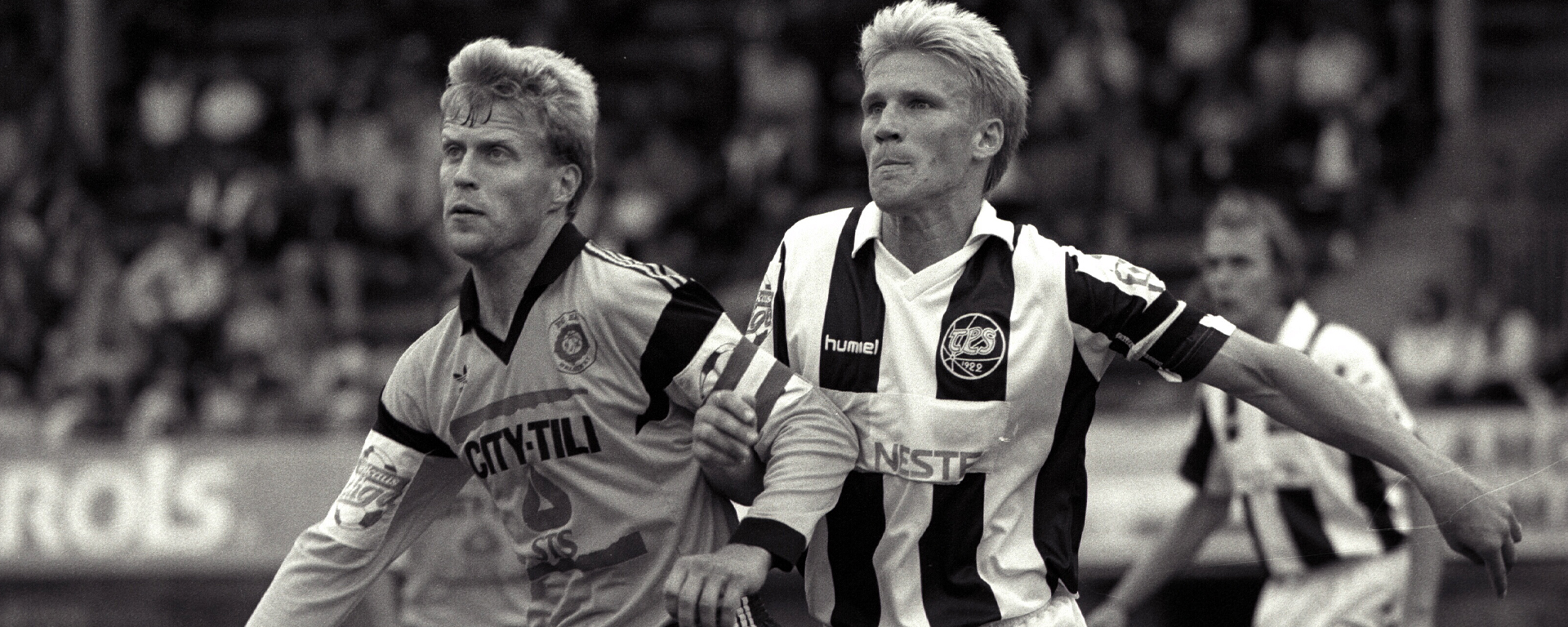
History
The Football Players Association of Finland was established in 1992, but the idea of a players’ union had emerged a couple of decades earlier in the 1970s when HJK’s manager Markku Peltoniemi advanced players’ interests. However, the project stalled partially.
In the 1980s, however, an increasing number of Finnish footballers went abroad. Outside Finland, these pioneers learned about the activities of players’ associations in different countries, and this gave rise to the idea of establishing a separate association in Finland to promote the interests of players.
The charter of the Players Union was signed on 7 May 1992, but it was only a couple of years later that the union became officially active under the name Suomen Liigafutaajat ry. At first, the union built its operating model so that one player was chosen from each league team to represent their team in the association. The association was run by active volunteer players who gave their free time to run it alongside their playing. The association established the first natural lines of communications with the Football Association of Finland and the new football league, for example.
The association took its first baby steps, and it took several years before it achieved the first concrete results. On the other hand, the association’s philosophy was to proceed calmly without any unnecessary provocation. Diplomacy was the word of the day. New young players brought a healthy modern attitude to the association after the early years. In 1994, Veikkausliiga players really began to act. They managed to have their say through their own active communications. However, the real thing was having legal counsel of their own. Mika Palmgren took action to defend the rights of Finnish footballers, even though other athletes’ rights also had to be defended. Palmgren’s consistent work provided security for players.
The Players Union wanted to promote Finnish football in cooperation with the umbrella organisations of other sports. However, the association quickly understood that it had to increase its member base to have a say and influence—and the possibility to genuinely promote players’ rights. More concrete activities arose later by assisting players in problems with contracts and wage-related issues. Players’ faith and trust in the association grew after these cases.
Other significant developments included the protection of employment and accident legislation, and players being finally deemed actual employees, which also granted them the right to annual holiday. The Players Union was accepted legally alongside other sports federations, which allowed it to directly influence matters relating directly to its activities.
Education-related matters also advanced when the first training programme for footballers leading to vocational qualification in sports was established at the Sport Institute of Finland in Vierumäki. This made it possible to take a vocational degree, important for the future, already during a career in sports.
Given that football is the most international sport in the world, it was natural that the Players Union joined the international umbrella organisation of players’ associations, FIFPro. In fact, the Players Union has grown into a significant interest group of Finnish competitive sports during the past 20 years, and its key task continues to be the promotion of the interests of its members. The aim was for the players of the top five Finnish football leagues to become members of the union by the end of 2012. In fact, the number of Players Union members has increased four-fold since 2009, averaging today at 1,200 players.
The realisation of the player contract between the Players Union and the Football Association of Finland finally guaranteed labour market peace for clubs and players alike. Both clubs and players knew what kind of agreement they were going to sign.
Chairman of the Boards of the Players Union:
1992–1993 Jari Europaeus
1994–1996 Petri Jakonen
1997 Mika Palmgren
1998 Tommi Koivistoinen
1999–2000 Jyrki Rovio
2001–2002 Markus Juhola
2003 Tommi Koivistoinen
2004–2005 Marco Casagrande
2006 Ville Nylund
2007–2011 Tero Koskela
2012–2014 Hannu Tihinen
2014–2021 Pekka Sihvola
